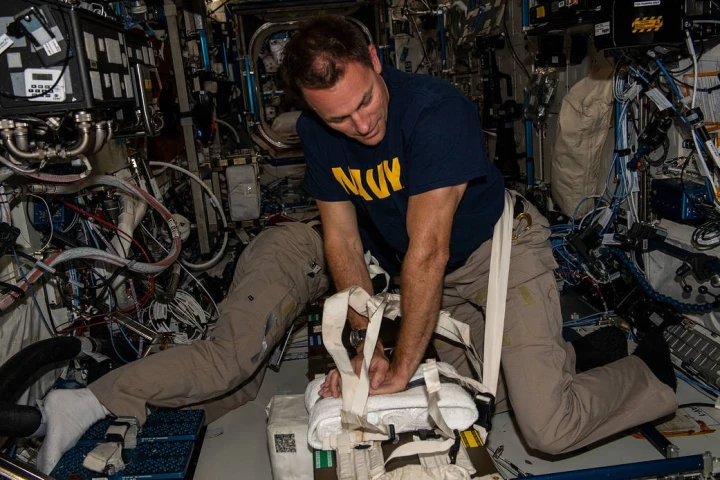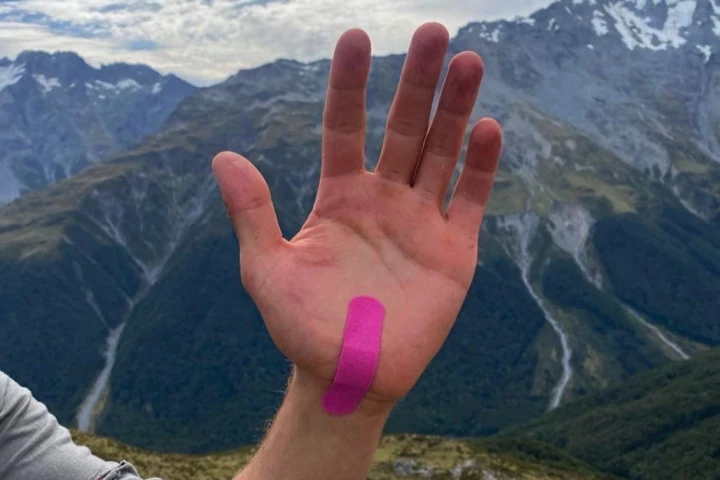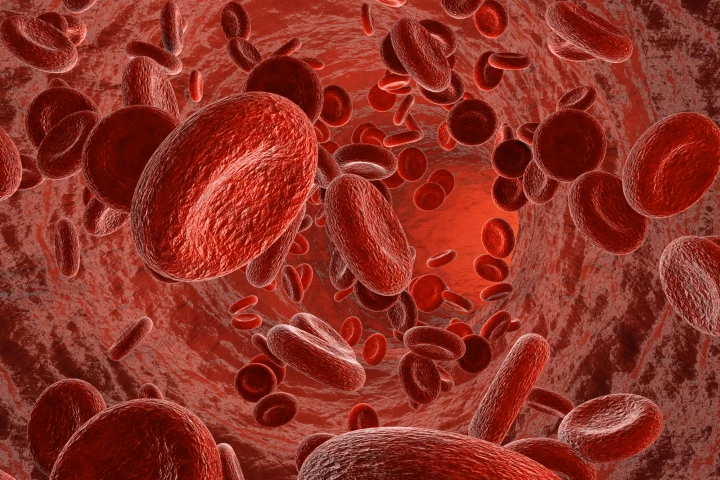First Aid
-
Researchers have developed a spray-on powder that turns into a wound-conforming gel when it comes in contact with blood. The breakthrough has the possibility of dramatically improving wound care in combat and other life-threatening situations.
-
CPR is a technique that has saved countless lives since the modern version was developed in the 1960s. However, it turns out it doesn't work very well in zero gravity, so a team of European cardiologists has been testing alternatives for astronauts.
-
In the event of a shark attack, it's very important to determine which shark species was responsible. A new study indicates that readily available medical gauze can be used by first responders to obtain that information.
-
We've seen a number of odd merino wool products over the years, but that didn't prepare us for wool bandages. New Zealand's WoolAid says that its natural bandages are better for healing and better for the environment.
-
First responders don’t have the same tools that emergency rooms do. Now, Harvard scientists have developed a new blood-clotting material that’s portable and easy to store, potentially helping injured patients survive long enough to reach a hospital.
-
Canadian gearmaker VSSL has caught our eye of late with its sleek, flashlight-inspired tubes that pack impressive arrays of essential items inside, and now it’s back with its most compact version yet, the First Aid Mini.
-
So first of all, no ... no one is saying that you should just grab dirt off the ground, and rub it into your wounds. That said, a new study does suggest that sanitized soil could be used to halt bleeding, when other means aren't available.
-
A new high-tech "chest mat" has been designed to coach users through the cardiopulmonary resuscitation process.
-
The kitchen and the laboratory have come together at Harvard's Wyss Institute, where researchers have developed a method that allows a biocompatible bioplastic derived from the chitin shells of crustaceans and insects to be used to patch up wounds or hold implanted medical devices in place.
-
The Rescue Swag transforms a mainstay of outdoor adventure into a handy first-aid kit that can also be used as a sling or splint.
-
Many of us take for granted that, should we have an accident, the emergency services will be able to help. In some places that's not possible though. CriticaLink, being trialed in Dhaka, Bangladesh, seeks to provide volunteer emergency assistance when it might not be otherwise possible.










